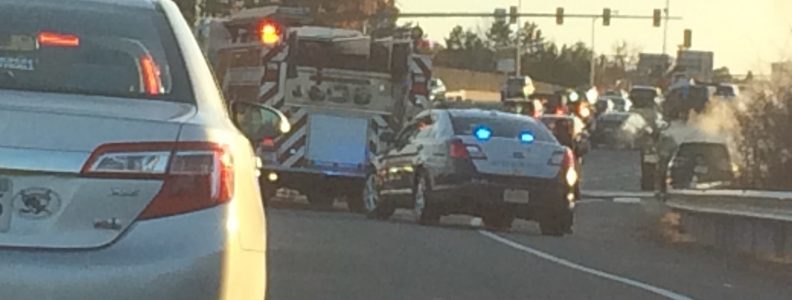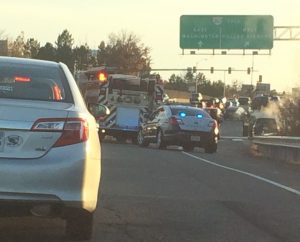
Where Unsafe Driver “Accidentally Loses” Evidence, Virginia Supreme Court Rules “No Foul”

In many cases, the unsafe driver, their corporate employer or their lawyers have custody of critical evidence in an injury case. Many otherwise strong personal injury cases have been lost because the innocent victims did not take steps to preserve critical evidence that would prove the negligence of the other truck driver. Herndon attorney Doug Landau has seen video tapes erased, DVDs lost, truck trip data corrupted and documents “lost” during his over 3 decades of helping injured people throughout the United States and abroad.
Last week, the Virginia Supreme Court issued a decision that seems to give dangerous truck and car drivers a “free pass.” In the Emerald Point case one of the issues was whether a trial court can grant a spoliation adverse inference instruction upon proof of mere negligent destruction or loss of evidence, or must require evidence of intentional destruction or loss of evidence. In other words, the law used to be that where the Defendants (or their agents) had control of evidence, and it disappeared or was damaged (“spoiled”), the jury could infer that the evidence was bad for the folks on the defense side of the case. Put simply, where the unsafe truck or car driver did not safe keep evidence, the Plaintiff’s lawyers could use that to benefit their clients’ cases. In many cases of permanently injured clients, the Herndon law firm ABRAMS LANDAU will spend time, effort and money to safe keep evidence from a crash or other injury-producing event. To prevent “Spoliation of Evidence,” lawyer Landau will sometimes pay for vehicle storage, preservation of samples and sealing of documents.
Now the rules have changed. The Emerald Point decision rejects a negligence standard and adopts an intentional standard. Instead of merely showing that an unsafe Defendant lost or ruined a piece of evidence accidentally, an injured person’s lawyer must now show that the Defense lost or spoiled the evidence intentionally, which is a lot harder to prove. “Proving intentional misconduct or bad faith is very difficult under Virginia law,” notes experienced personal injury lawyer Doug Landau.
The Virginia Supreme Court held, “that the evidence must support a finding of intentional loss or destruction of evidence in order to prevent its use in litigation before the court may permit the spoliation inference. In short, we agree that “[t]o allow such a severe sanction as a matter of course when a party has only negligently destroyed evidence is neither just nor proportionate.” However, from the perspective of someone who exclusively represents the injured victim, this decision is telling corporate Defendants that they can basically come into court and say, “Your honor, we negligently lost/spoiled the evidence and the injured victim needs to prove our negligence, so sorry!” This hardly seems fair and will create difficulties in cases involving evidence that is under the exclusive control of unsafe Defendants and their agents.
If you or someone you know or care for has been injured and become disabled as the result of a truck, car, bicycle or motorcycle crash and there are questions about the law, e-mail or call us at ABRAMS LANDAU, Ltd. (703-796-9555) at once.
